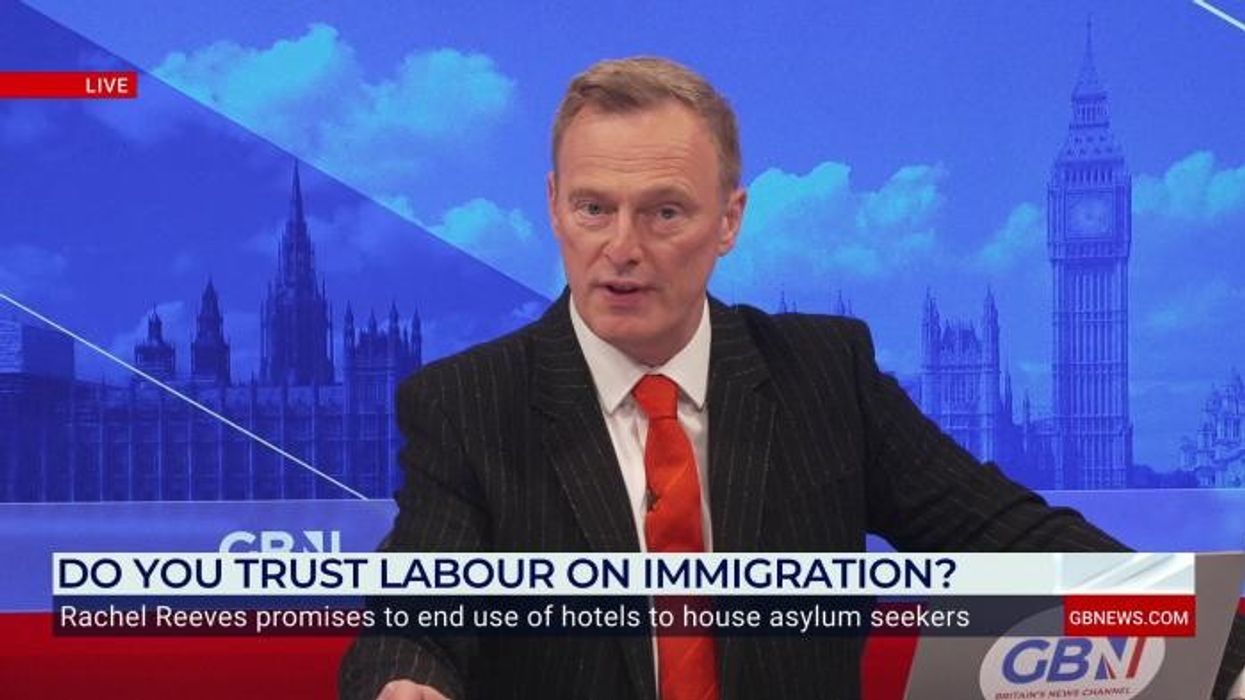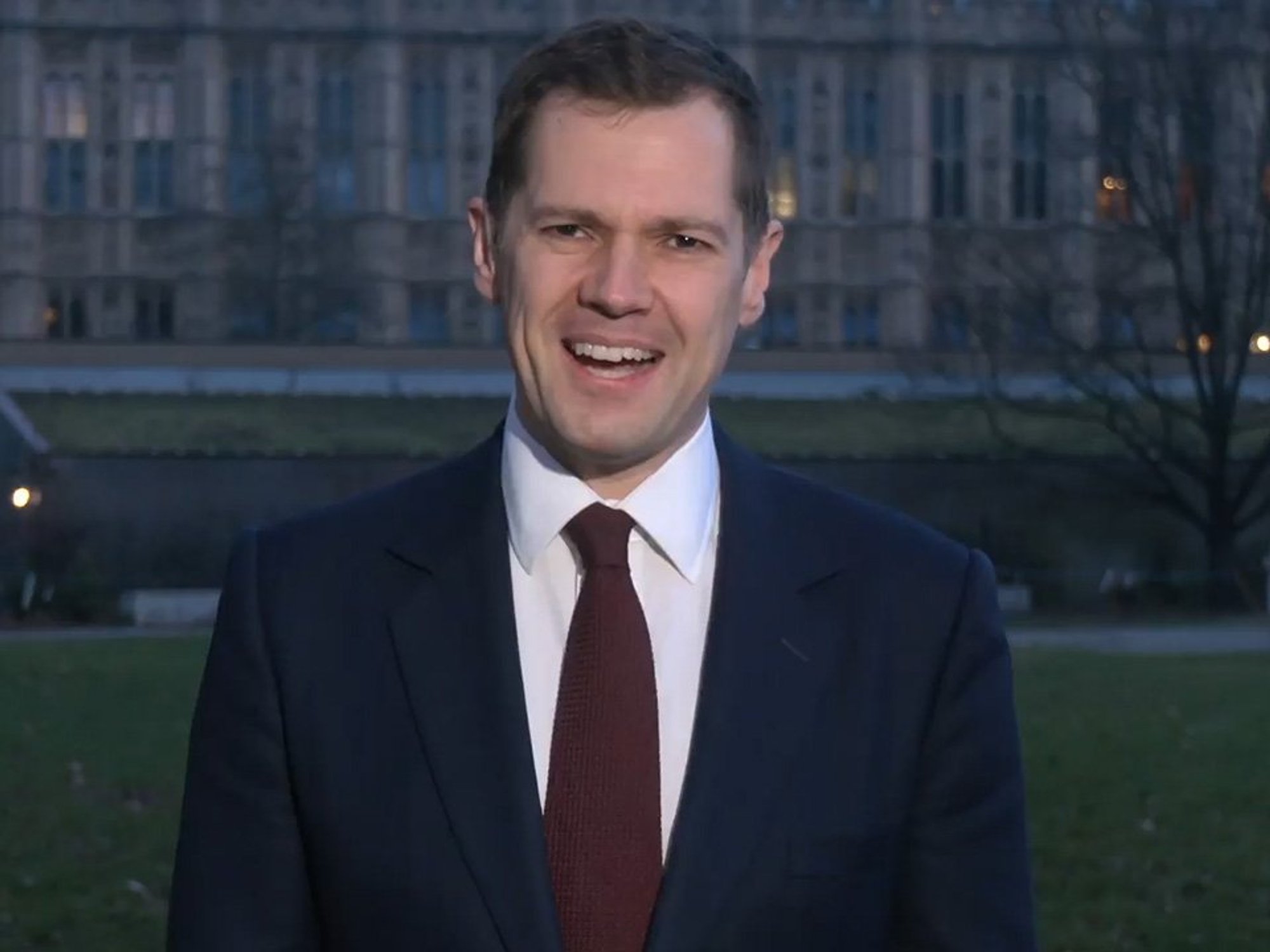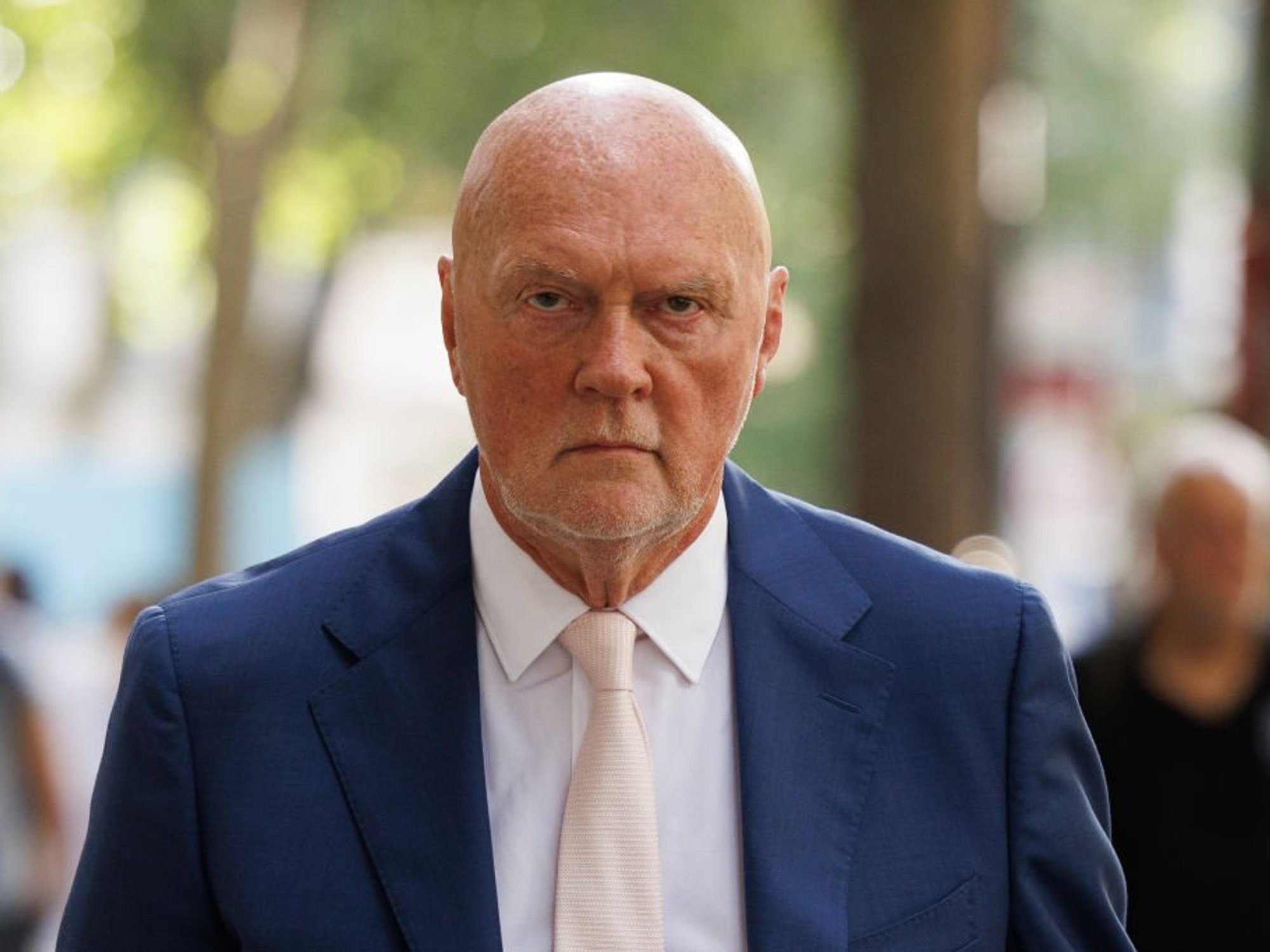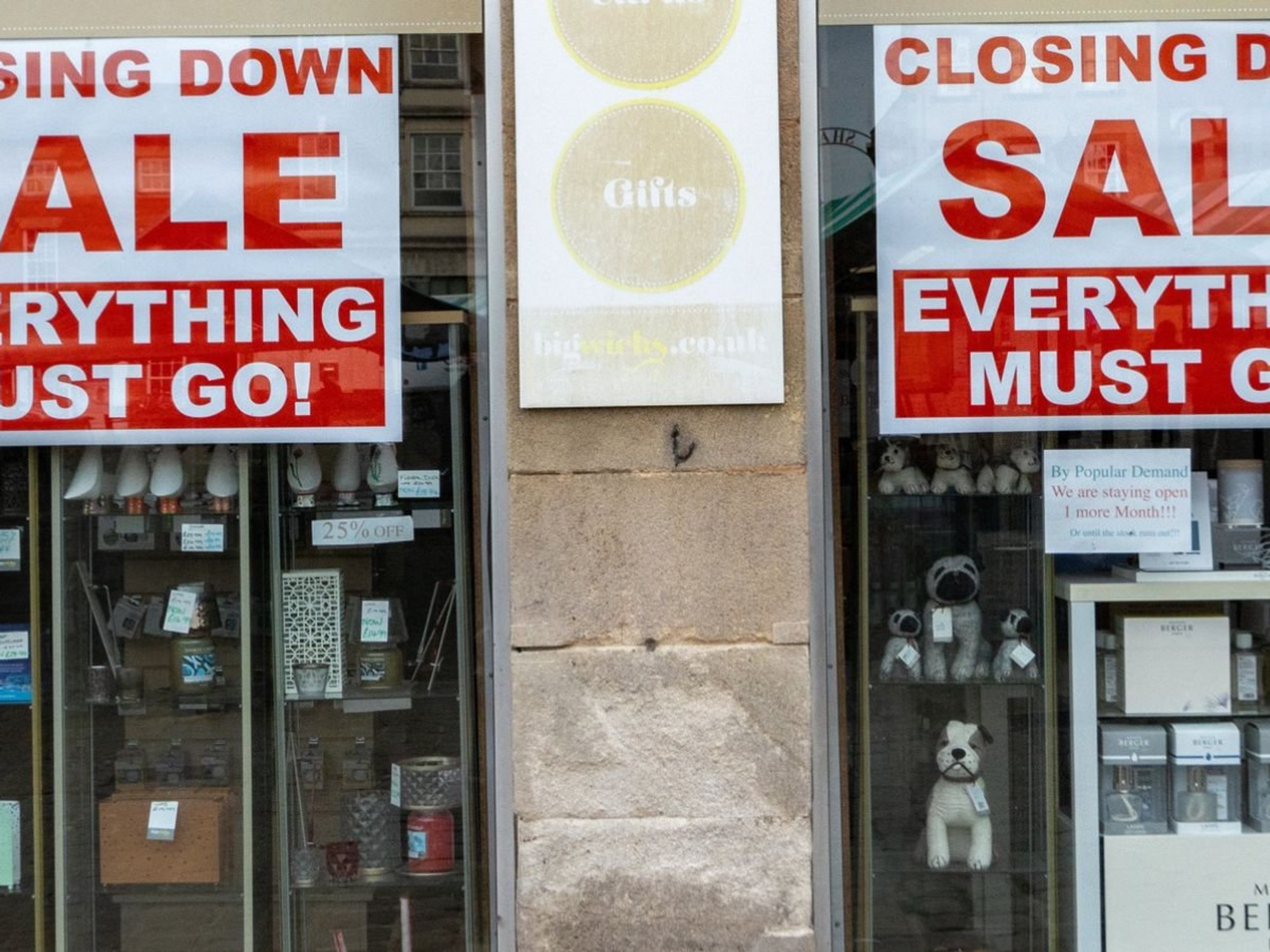GB News’s Mark White explains why there are ‘no good options’ for Labour after migrant hotel announcement

Labour has vowed to end the use of asylum hotels
Don't Miss
Most Read
Trending on GB News
GB News Home and Security Editor Mark White has warned that Labour's plans to end the use of asylum hotels could create significant tensions in local communities across Britain.
Speaking about the government's commitment to stop housing asylum seekers in hotels, Mark said: "I fear there are no good options in terms of communities coming face to face with asylum seekers."
He explained that whilst 32,000 asylum seekers are currently housed in hotels - down from 42,000 under the Conservatives - dispersing them into residential areas brings its own challenges.
"You get a couple hundred men into a community, walking around aimlessly in an area, that's not something people will welcome," Mark cautioned.
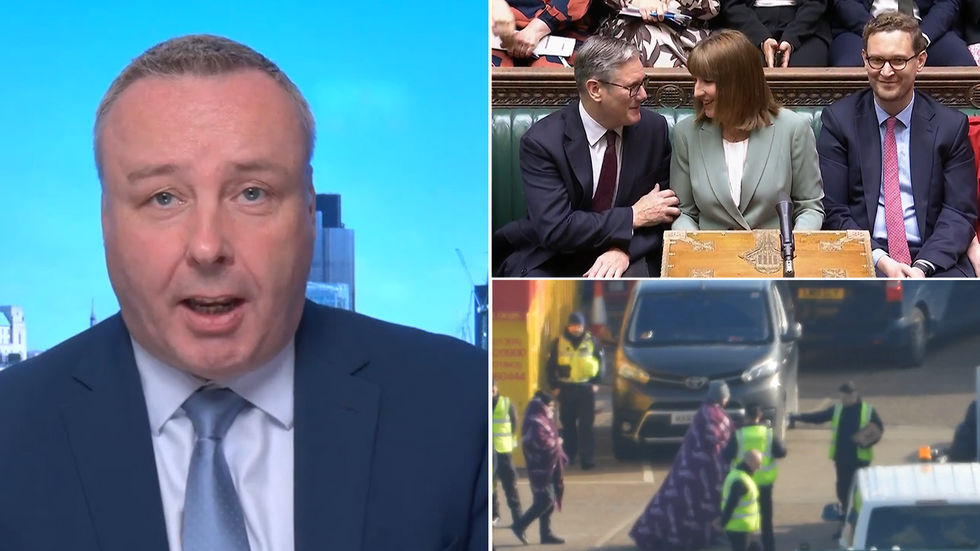
Mark White spoke on GB News
|GB NEWS / PARLIAMENT / PA
He noted that Home Office contractors would likely focus on securing houses of multiple occupation, potentially placing large groups of asylum seekers directly into neighbourhoods.
Chancellor Rachel Reeves has pledged to end the "costly" use of hotels to house asylum seekers by the next general election in 2029, announcing the commitment during Wednesday's Spending Review.
LATEST DEVELOPMENTS
- Rachel Reeves announces plans for thousands of migrants after promising to END asylum hotels
- ‘Not a cat in hell’s chance!’ Reform's Richard Tice rips into Rachel Reeves’s asylum hotel promise
- Nigel Farage looks stunned by jibe as Rachel Reeves mocks Reform UK leader in the House of Commons
"The party opposite left behind a broken system: billions of pounds of taxpayers' money spent on housing asylum seekers in hotels, leaving people in limbo and shunting the cost of failure onto local communities. We won't let that stand," Reeves told the Commons.
The Chancellor said the move would save taxpayers £1 billion annually. Latest figures show £3.1 billion was spent on hotel accommodation for asylum seekers in 2023-24.
Currently around 30,000 asylum seekers are housed in approximately 200 hotels across Britain, according to government data.
The Home Office is reportedly exploring alternatives including derelict tower blocks and student accommodation to meet the 2029 deadline.
Mark highlighted specific concerns about the dispersal strategy, warning that moving asylum seekers from hotels into residential areas could simply transfer problems rather than solve them.
"Already, there are many thousands of asylum seekers dispersed into communities in the community with the potential tensions that adds. We've seen it play out in Ballymena in the last couple of nights," he said.

Mark White joined Martin Daubney on GB News
|GB NEWS
The GB News Home and Security Editor explained that contractors working for the Home Office would likely shift their focus to acquiring houses of multiple occupation to accommodate asylum seekers.
"Then you take those 200 men from that particular hotel and you disperse them into your local area, that brings its own set of tensions," White warned.
He suggested the government's approach could create difficulties regardless of the accommodation method chosen, stating: "The truth is, there are no good options in this."
The government's broader strategy includes significant investment in border security, with Reeves announcing "funding of up to £280 million more per year by the end of the spending review for our new Border Security Command."
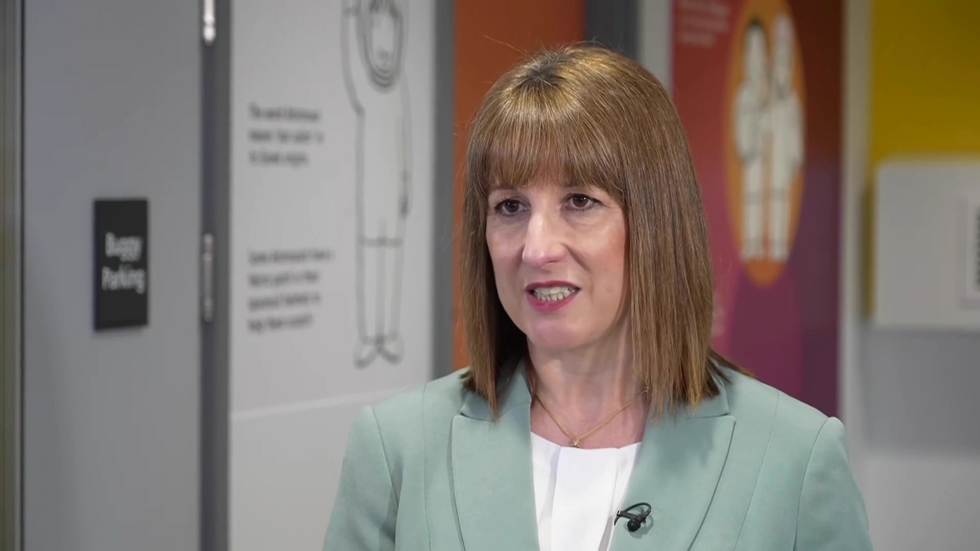
Rachel Reeves said Labour will end the use of asylum hotels
| GB NEWSThe Chancellor said this investment would "support the integrity of our borders" whilst tackling the asylum backlog left by the previous government.
Conservative MPs have criticised the plans, with Shadow Home Office minister Matt Vickers asking: "But if they won't commit to deport all illegal immigrants, where will they go? Coming to a house on your street?"
Julia Lopez MP claimed on social media that speeding up asylum decisions would mean "more positive asylum decisions - only making it more attractive to cross."
The Home Office budget will fall by 2.2 per cent in real terms over the coming years, from £22 billion currently to £22.3 billion in 2028-29.
More From GB News


